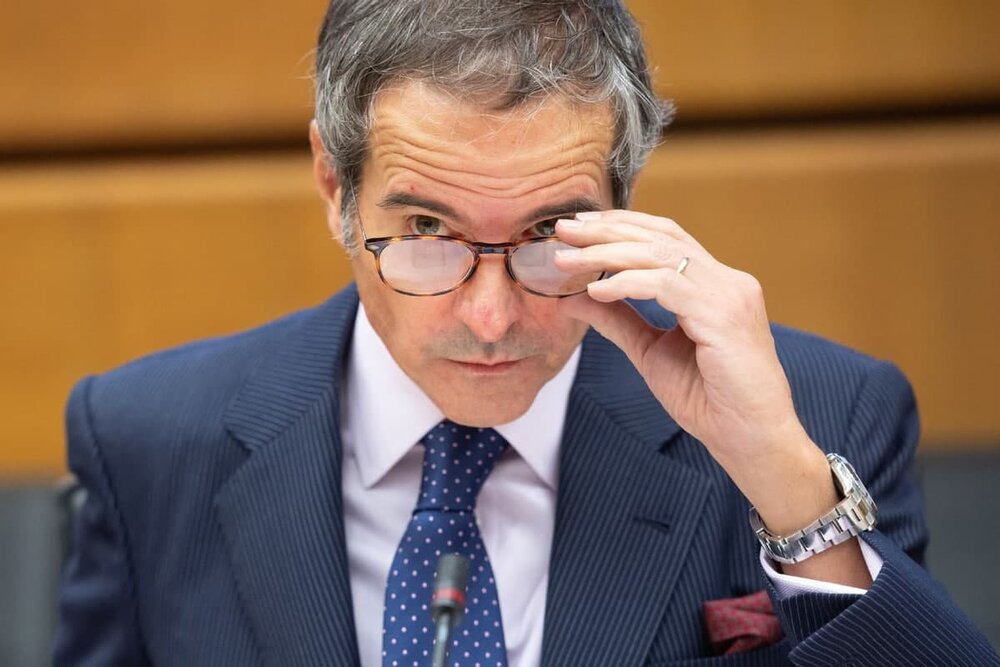Grossi confirms demolition of IAEA surveillance cameras in Iran attributed to Mossad

TEHRAN — IAEA Director General Rafael Grossi said on Monday that an accident at Iran’s Karaj nuclear plant attributed by many to Mossad may have destroyed some of the IAEA’s monitoring equipment.
Grossi did not mention who caused the incident, but said the data loss was a negative development and appeared to disapprove of sabotage acts against the Iranian nuclear facilities.
Subsequently, he claimed that his Agency does not know how much monitoring data has been lost regarding the Iranian nuclear program from its broken and damaged cameras.
“We have yet to see the extent of the gap,” Grossi said, qualifying that he hoped other IAEA monitoring redundancies would help uncover any missing data from individual cameras.
Grossi has not yet explained how or why the cameras were broken or damaged.
Driven by the fact that the Islamic Republic has ignored pressure by him to explain about alleged illicit nuclear material and undeclared nuclear sites for nearly two years, he replied, “More or less hard is in the eye of the beholder.”
On Sunday, Grossi said he had a new agreement with the new Iranian government to allow immediate “assistance” of its monitoring equipment, as well as plans for follow-up meetings by the end of September with top Iranian officials.
However, Grossi acknowledged that Tehran would deny access to all electronic data dating back to February 24 until all the disputes with the U.S. over Iran’s nuclear program are resolved.
Furthermore, he admitted that Iran will not reverse its nuclear remedial measures in response to the violation of the 2015 JCPOA agreement until there is an agreement with the United States and there is no commitment to clarify issues related to alleged illicit nuclear material and issues relating to the claimed undeclared nuclear sites.
In an incident on June 23, a sabotage act on a building run by the Atomic Energy Organization of Iran in Karaj was foiled.
On July 6 then government spokesman Ali Rabiei said, "Israel carried out these actions with the presumption that it would signal it can stop Iran and say the world has no need to negotiate with Iran."
Rabiei said the attack “caused a hole in the roof” of the building – which is suspected of being used for manufacturing centrifuge parts – and repairing it meant taking that part off to be replaced.
This clearly shows that the Israelis see no limit when it comes to such brazen acts.
In April, Iran’s main nuclear facilities in Natanz were hit by a sabotage attack for the second time in less than one year. Iran pointed the finger at Israel, and began enriching uranium to its highest rate ever in response.
With Grossi's confession, the narrative is complete. Israel conducted an attack on a nuclear-related facility in Karaj, in order to undermine negotiations over possible revival of the JCPOA.
SA/PA
Leave a Comment